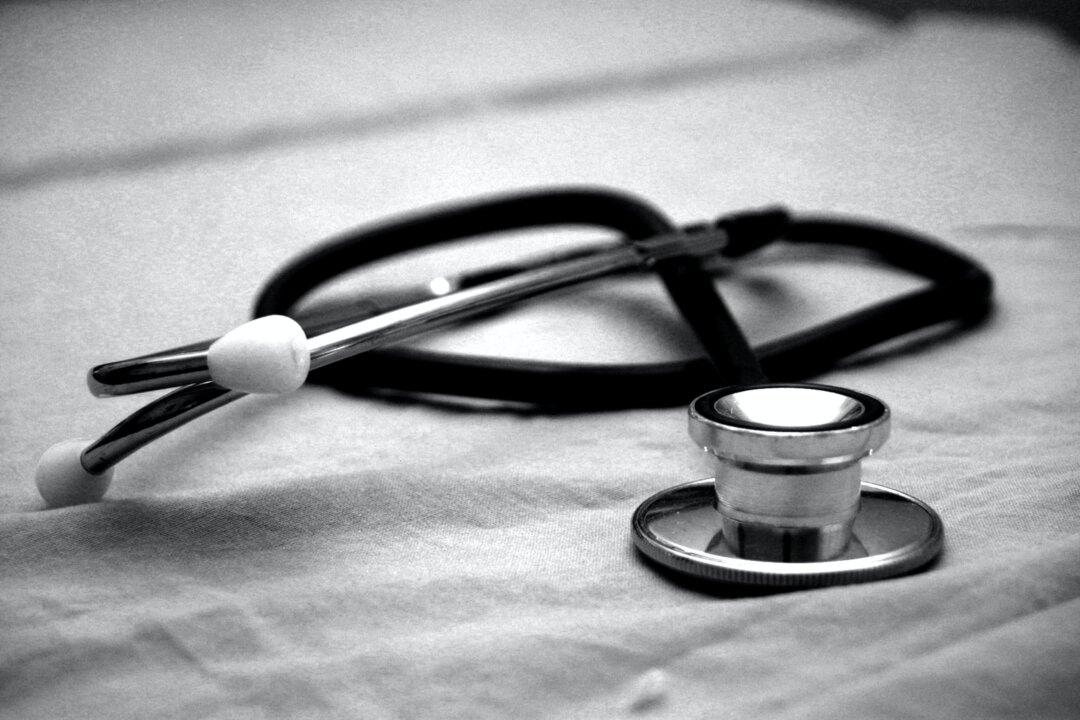Commentary
Several new polls have appeared that confirm what you suspected. Trust in medical authority and pharmaceutical giants, along with their core product, have hit new lows.

Several new polls have appeared that confirm what you suspected. Trust in medical authority and pharmaceutical giants, along with their core product, have hit new lows.